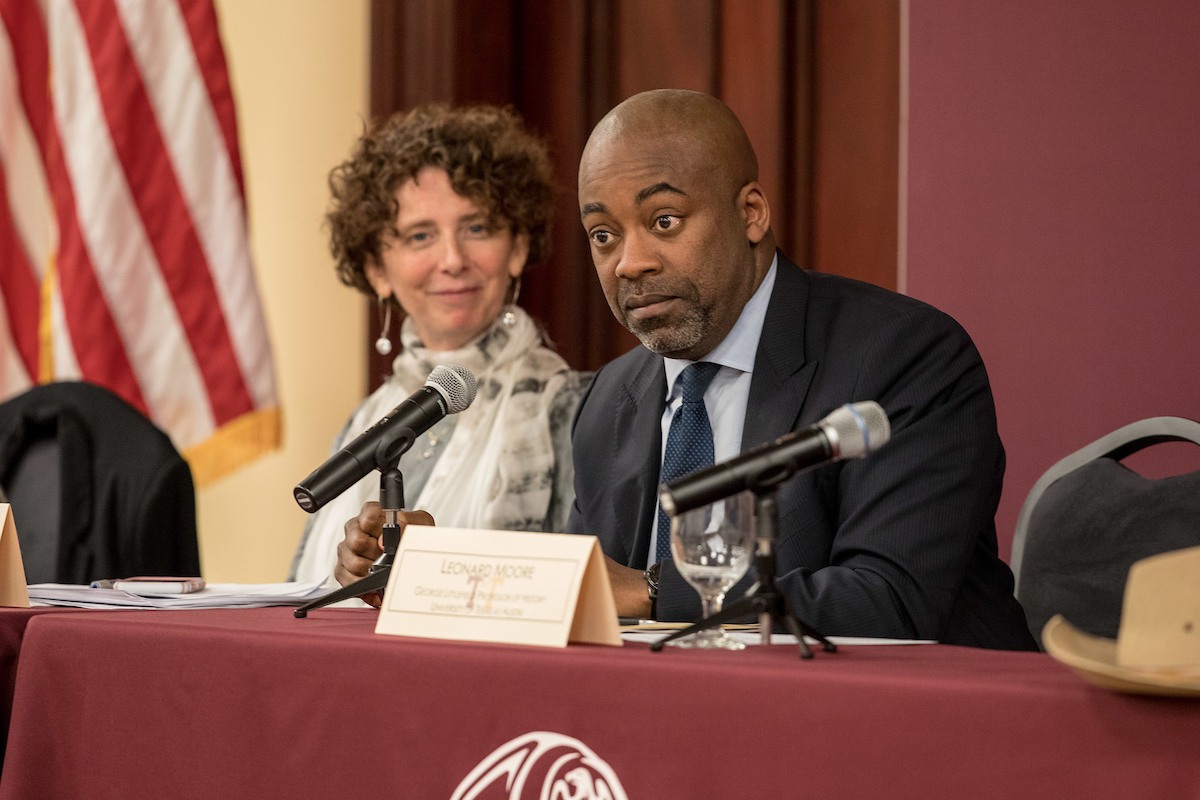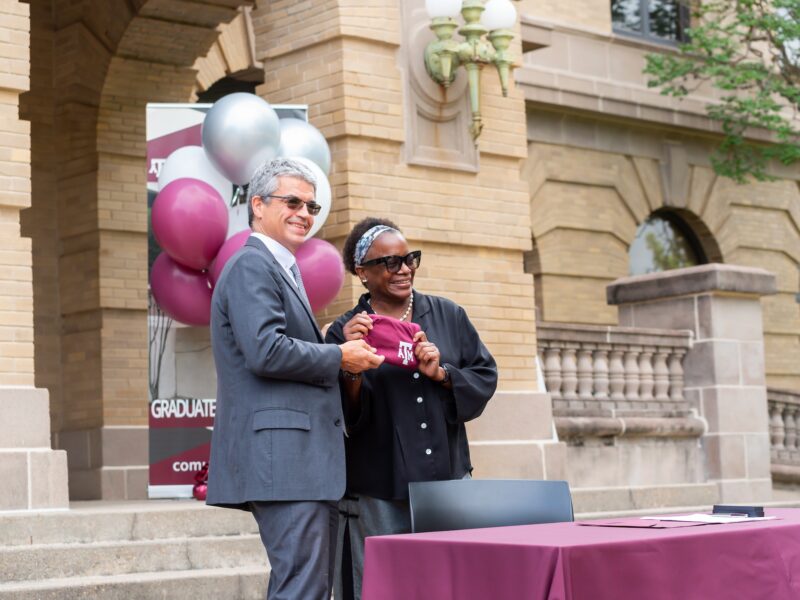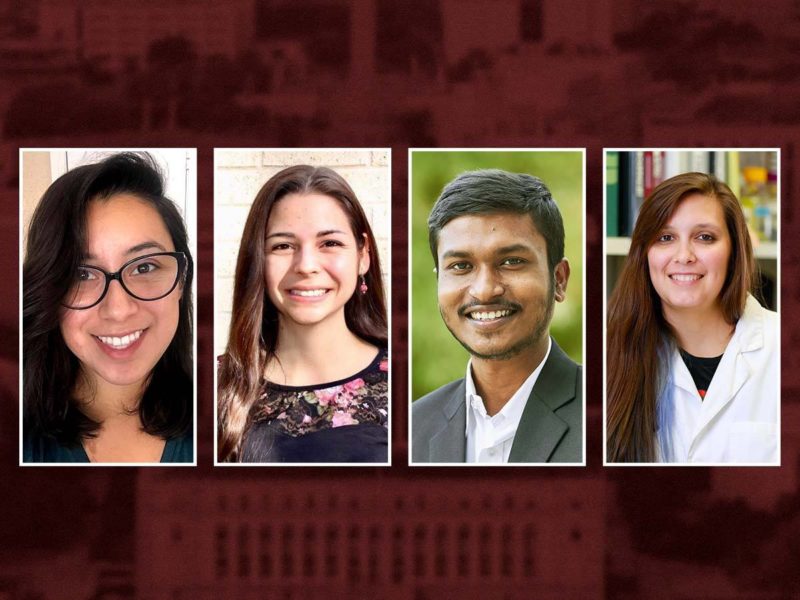
Controversial speakers, First Amendment rights and academic freedom were the key topics recently during a joint meeting of the University of Texas and Texas A&M University Faculty Senates held at the Clayton W. Williams Jr. Alumni Center on campus in College Station.
Faculty members from both schools also unanimously approved a statement reaffirming their stance on academic freedom.
“Today’s topic is especially timely,” said Texas A&M Provost and Executive Vice President Carol A. Fierke.
“What is free speech and what is not is one of the most complicated issues that colleges face today.”
Keynote speaker Erwin Chemerinsky, dean of the University of California at Berkeley School of Law and an expert on First Amendment rights, said that “things are a lot different today. In the 1960s, free speech on campus meant what students could say to the administration. Today, it’s more about what outsiders can say when they come speak on a campus.”
He added that the laws are different for private universities, who are more free to reject a speaker than public universities who are governed by stricter guidelines since they receive state support.
“In the early 1990s,” Chemerinsky noted, “more than 300 public colleges had adopted policies against hate speech. Every one of them was eventually ruled unconstitutional.
“No matter how vile or offensive it is, hate speech is usually protected by the Constitution.”
He added that colleges are allowed to have free speech zones on campus that can be used to assure safety and prevent disruption of normal activities. But the question remains: How much does a college have to spend to protect free speech?
“This year, California-Berkeley will spend $3.9 million on costs associated with speaking events. Other schools are having to face similar amounts.
“These outside speakers are saying, ‘You cannot prevent me from speaking on your campus because costs for security are high’ and the courts are agreeing with them.”
He added that laws concerning free speech and social media are becoming even more blurred.
“There are more and more questions being raised such as, can a college punish what a student says on the Internet or on social media? Are colleges violating free speech laws by restricting them?”
The Texas A&M and University of Texas Faculty Senates approved the following statement:
On the occasion of this joint meeting of the University of Texas at Austin Faculty Council and the Texas A&M University Faculty Senate, we offer this statement from our Executive Committees in honor of our two universities’ commitment as public institutions to the right of free speech as expressed in the First Amendment of the United States Constitution.
We honor, as Texas A&M University declares in its mission statement, the ‘historic trust, the maintenance of freedom of inquiry, and an intellectual environment nurturing the human mind and spirit.
We honor, as the University of Texas expresses through its core values, the freedom to seek the truth and express it.
This statement, on the occasion of our joint meeting as faculty leadership exploring issues related to academic free speech and civility on our campuses, reaffirms our commitment to the missions and values of our two institutions as sites of integrity, honesty, trust, fairness, and respect toward peers and community.”
###
Media contact: Keith Randall, News & Information, (979) 845-4644 or keith-randall@tamu.edu.





